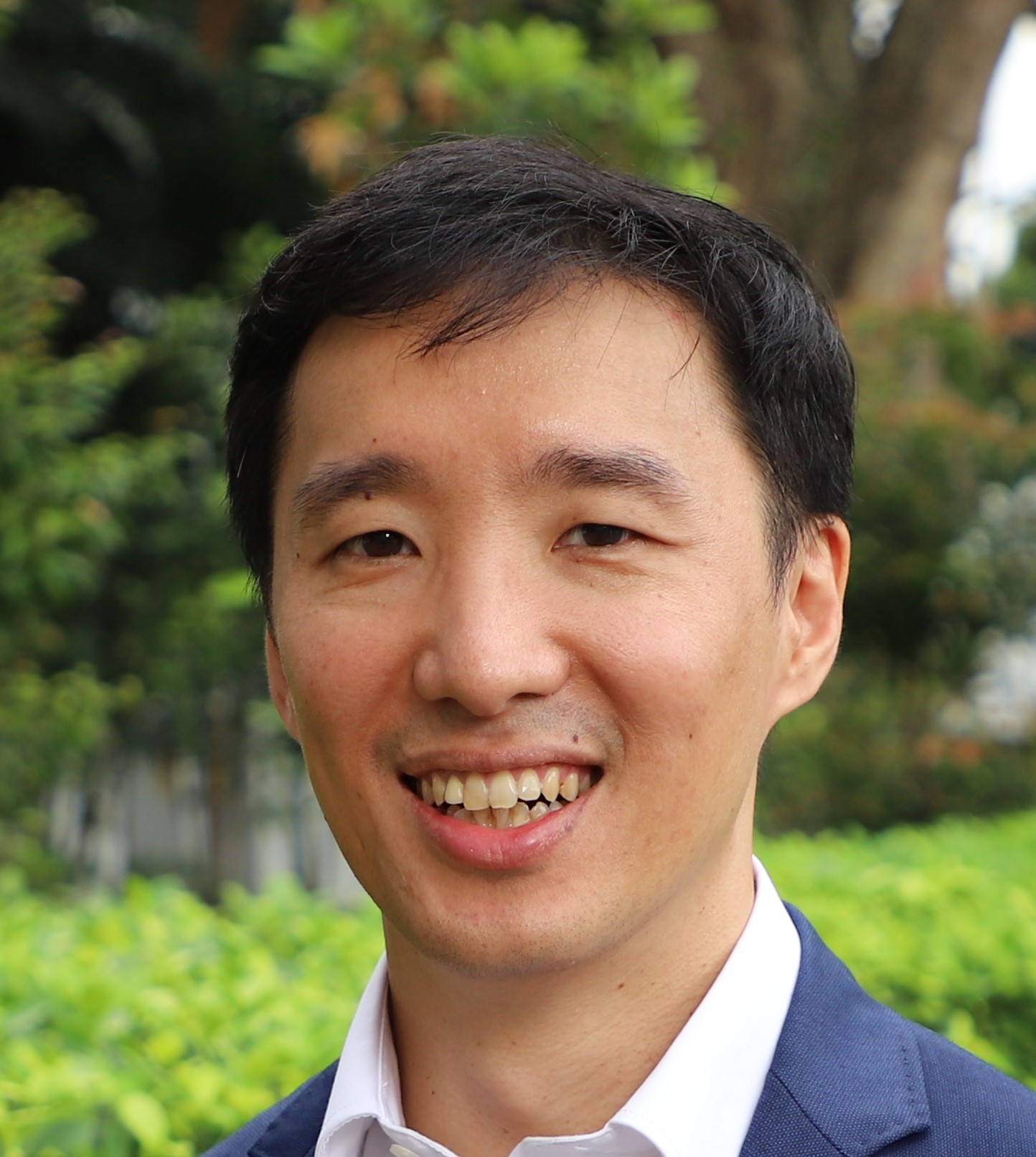Unlocking the Benefits of Quantum and Space Technologies
Quantum technology, an emerging field of physics and engineering that leverages unique fundamental attributes of matter and energy, such as quantum entanglement, has seen rapid development in recent years. It is starting to see testing in the space sector, helping to enhance communication security for satellite networks, measure navigation and detect changes in gravity, magnetic fields and temperature with extreme precision. Prof Alexander believes that while the convergence of quantum and space technologies opens up new possibilities for navigating the solar system and deploying quantum instruments in space, the risks of irresponsible deployment of these technologies need to be considered by stakeholders.
Having led an experimental research team in quantum technologies for the last 14 years in Singapore, Prof Alexander hopes to inform and engage with stakeholders in the UK on the responsible use of quantum technologies in space and ways to examine the cost and strategic benefits and harms of such deployment. He hopes that engaging stakeholders will help foster international collaborations that will further unlock the benefits of quantum technologies for inclusive economies.

A Career Dedicated to Quantum Technologies
Prof Alexander obtained his Doctorate in Physics in 2008 from the National University of Singapore (NUS) and did his post-doctoral training at the National Institute of Standards and Technology where he focused on researching optical quantum communication. He teaches in the Department of Physics at NUS and is also a principal investigator at the Centre for Quantum Technologies, Singapore. He has also served as the director of the Quantum Engineering Programme, which is a funding programme for raising the technology readiness level of quantum applications. He has also served as chief scientist at the National Quantum Office, Singapore.
Prof Alexander has led an experimental research team for 14 years investigating the application of quantum technologies in computing, sensing and communications privacy. He has co-founded two spin-off companies, led pioneer experiments for quantum optics and completed grants totalling more than SGD$8 million since 2010. As chief scientist of the National Quantum Office, his research played a significant role in shaping Singapore’s National Quantum Strategy. He is a member of the Deep Space Quantum Link (DSQL), an international consortium led by the Jet Propulsion Lab (JPL) that has published a paper proposing to perform quantum entanglement experiments in the earth-moon region.
Establishing International Standards for Quantum Space Technologies
Prof Alexander’s ongoing DIA-supported project is working on building quantum networks for distributing light that carries special correlations, known in quantum physics as "entanglement." The project aims to develop techniques and methods to increase the range over which entangled light can be distributed as a resource for quantum technologies. It primarily focuses on the development of quantum light sources that can be demonstrated on satellites in space.
Prof Alexander believes that combining quantum and space technologies allows for more rapid scientific experimentation and technological innovation in space. The DIA grant allows him to collaborate with Daniel Oi, an expert in quantum communication protocols from the University of Strathclyde to build an international consortium of research teams that will propose standards for satellite quantum communications to stakeholders globally. He also hopes to meet like-minded collaborators in other UK universities.
The DIA program provides an ideal forum for me to pursue my research and policy interests in quantum and space technologies and foster international collaborations to unlock their benefits.
Engineer’s goal or next steps
In addition to research on quantum light sources, Prof Alexander is working on engaging policymakers in the UK to foster international collaborations that will unlock the benefits of quantum technologies for every sector. He is willing to share the observations and experience gained while formulating Singapore's national quantum strategy to aid the UK’s preparation for a future quantum-enabled economy. He believes that an associate network allowing policymakers and experts in quantum and space technologies to discuss and learn from each other will help to develop standards for applying quantum technologies in space, mitigating the economic risks and strategic harm that usually accompany irresponsible deployment.
Related content
DIA awardees
Distinguished International Associates (DIA) are international engineers working across all sectors. They work at the c…
FAQ
Information and answers to common queries about the Distinguished International Associates (DIA) Programme
